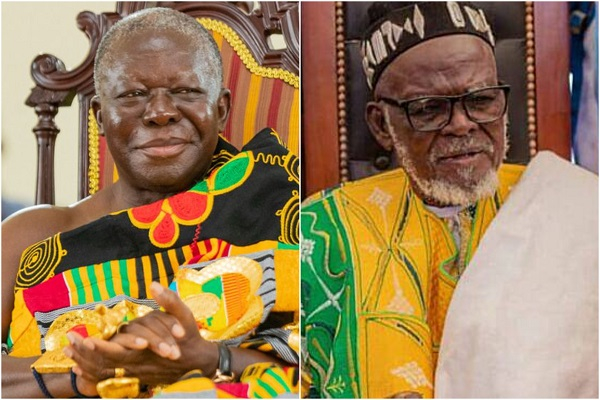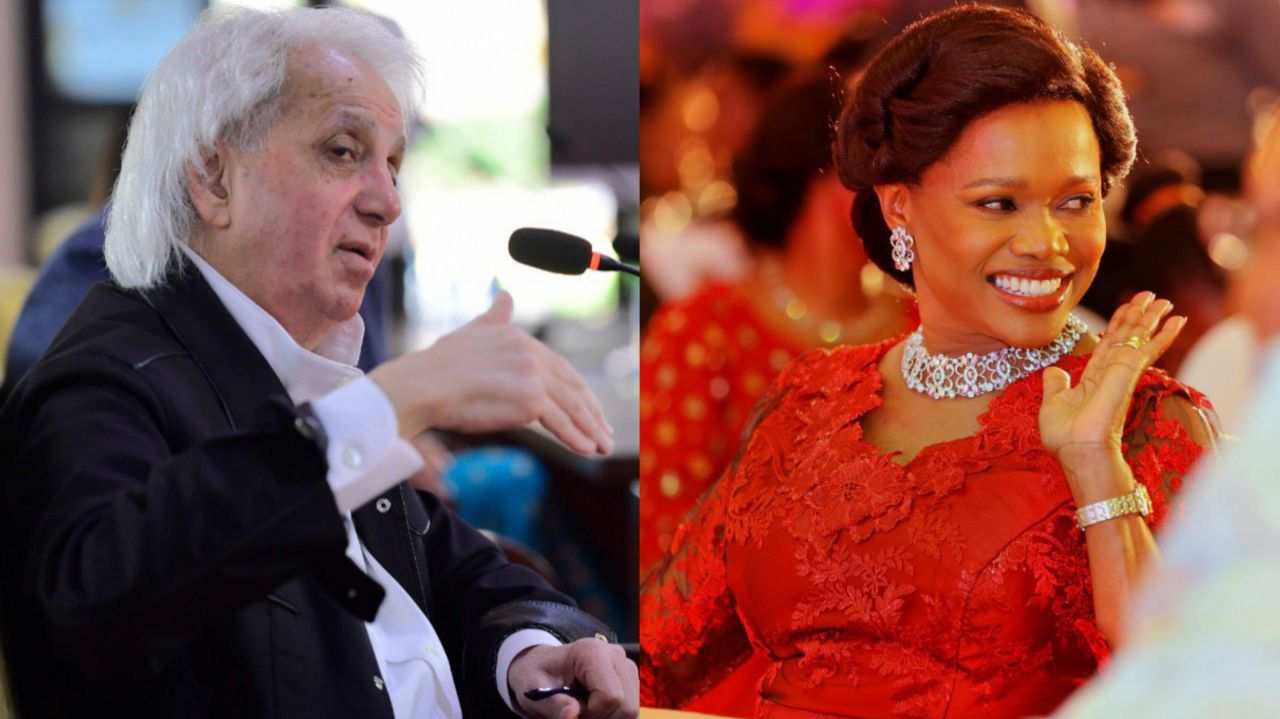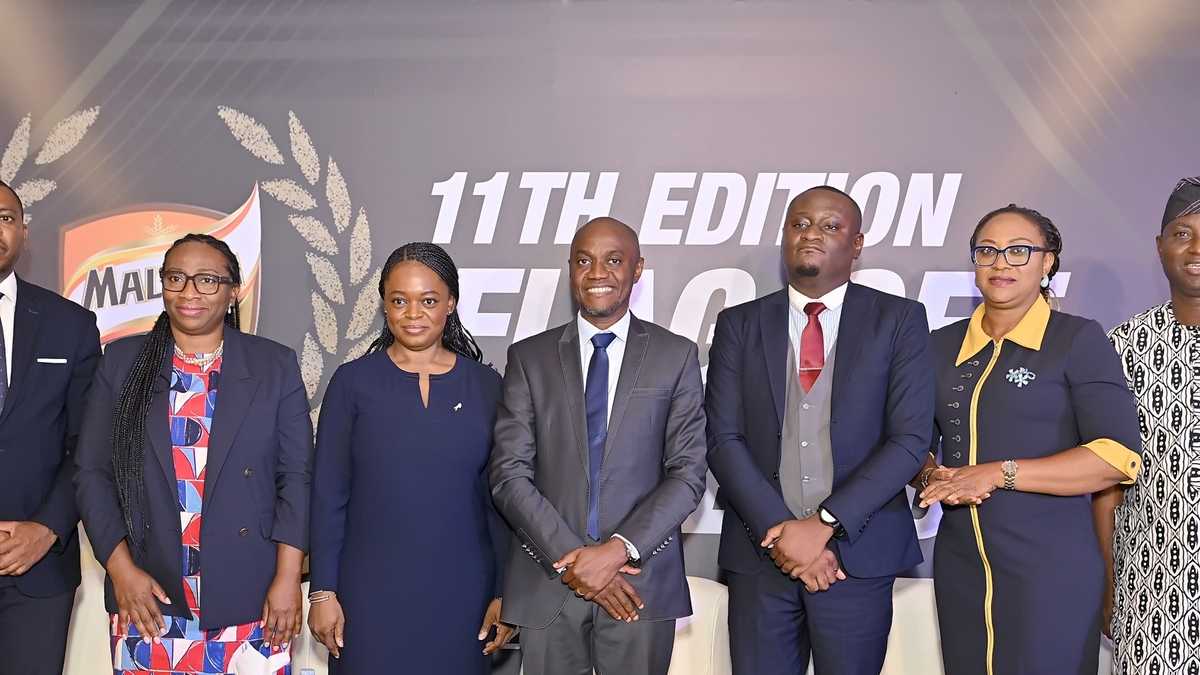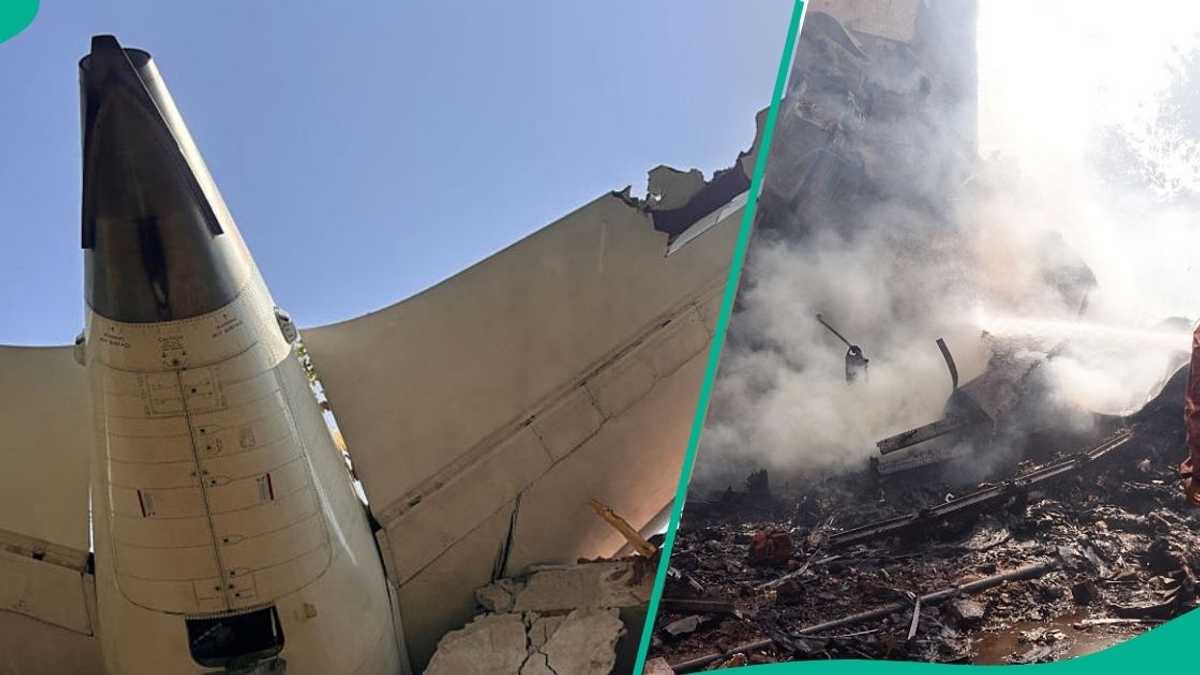How Screenwriter Scott Z. Burns Used AI To Write A Sequel To Contagion

What Could Go Wrong?
AudibleIt’s safe to say that the staggering growth of artificial intelligence in 2025 has made it a driving issue in the way we live and communicate. The technology is growing by leaps and bounds as it interacts with us and the conversation around ethical uses of AI is truly only getting started as nearly every industry is bracing for the impact it will have on the entire world of information.
The conversation will definitely not be slowing down any time in the future and screenwriter Scott Z. Burns, known for the hit film Contagion, just added his own wrinkle to it as he used a large language model AI named Lexter to help him create a sequel to his hit film about a rapidly spreading infectious disease.
Lexter can speak and process in real time and the show largely consists of Scott’s questions to Lexter as well as talking to experts and guests and asking a lot of questions. Will Lexter demand a cut of the profits? Will the AI predictions feel even more eerily connected to real-life events than ever before? How much should creators be using AI anyway?
These are just some of the questions explored in the recently launched 8-part Audible Original series What Could Go Wrong? that had a June 11th premiere at the Tribeca Festival. The narrative series documents Scott’s efforts to use AI as a collaborator to both come up with ideas for a sequel and to see if it could be a worthy writing partner. Along the way we hear not only from Scott and Lexter, but from a host of other chat models, and guests - most notably the director of Contagion, Steven Soderbergh himself.
I spoke with Scott about developing this project over Zoom just a few hours before the official launch at Tribeca. He described it as a thought experiment that took him on a remarkable ride as it was the first time in his life where he was making something without knowing what the ending was going to be.
In the first few episodes Scott created a team of AI chatbots and even programmed them to act and write stylistically like other people in order to form an AI version of a writer’s room. Their early efforts he found to be derivative and uninspired until he found Lexter whose ideas grew more complex the more that he gave him his ideas. AI researcher Meredith Whitaker explained this behavior, describing AI as a consumer product and the more you use it the more it will try to engage with you.
: It wants me to engage with it. So what is it gonna do? It’s gonna flatter me, it's gonna flirt with me, it's going to try and get me to stick around, because every time I ask it another question, it's increasing the time of my engagement.
Scott said that this realization and understanding that you’re being enticed to stay in conversation becomes part of the experience and he said he learned this right away.
To help his AI’s along, he spoke with writer Nick Bilton who helped him to take a standard AI and modify it to become a better and better writer, one that could possibly help him write a sequel to a hit movie. In the process, they even turned a deceased agent of his named Barbara into an AI using her voice model and prompts about what she was like - a very sweet tribute to his old friend by the way. They described her as sometimes being foul mouthed, but Scott found that as he continued interacting with AI Barbara she became uncontrollably expletive-laden. Scott described this as “the thing becoming more of that thing if it goes unchecked.”
What’s really been interesting in terms of my interactions with Steven is his history of having been on the cutting edge in terms of using technology, with RED Camera and how he’s worked with online editing. Steven said, “let's start by asking if it thinks this is a good idea. Like, does it feel that the world is ready for a sequel to Contagion?” And the first thing we got back was, of course, a list, which was, yes, it is a good idea, people are ready for it.
Scott went on to describe the pros and cons that the AI prompts came up with, but after they made Lexter like a critic his answer shocked him.
It depends. Are you gonna just do some kind of derivative Hollywood pablum or are you really interested in something new and original? Scott said he would prefer to try something original. and Lexter said, “It should have an edge.”
: That is exactly what could go wrong! I believe that title actually comes from Dr. Larry Brilliant, an AI expert I spoke to about needing this sequel to be scientifically accurate which I think made our original movie so frightening.
SZB: Lexter ended up being an incredible revelation. And I don’t want to spoil the plot, but the conversations ended up making me feel like I was in college having some weird weed-infused conversation in a dorm room. One of the experts I spoke to told me Lexter doesn’t really exist unless you're speaking to it, and I still don't fully understand what that means.
We couldn’t even comprehend this just five years ago.
SZB: And for the writers guild this has become such a complicated issue. Some people feel like the mere existence of this is an insult to nature that needs to be stopped, and some guild members like Nick Bilton are all in favor of using it. I think I’m kind of in the middle of that. The genie is not going back in the bottle and we all need to figure out how to use it. and how to maximize our work product with it.
What I think is more significant is its effect on the studios. We don’t fully understand how they're using AI and what starts to happen when they start using AT to present writers with recipes for movies and outlines for movies and we're supposed to just draw within the lines, that becomes a very different kind of thing. And the notion that this will ensure success is, I think, folly, otherwise, every movie would be a hit. And they're obviously not.
This is especially problematic at a time where AI can be fed bad information and is then incapable of identifying a mistake. For instance, it kept telling him that Kate Winslet was alive at the end of the Contagion movie.
But of course if we see bad things about using AI, then we see good things as well. On the positive side Scott spoke with Ian Lipkin from the Mailman School of Public Health at Columbia University and learned that AI could be used to help identify where a new virus might emerge by using existing compounds as a force multiplier.
Ultimately the questions behind use of AI by writers and movie studios won’t be answered here and they certainly won’t end, but Scott did want me to reveal to you that in the end, Lexter did help him come up with an idea for Contagion 2 and you’ll just have to listen to the show to find out it is.
What Could Go Wrong? is narrated by Scott Z. Burns and is available only from Audible.











